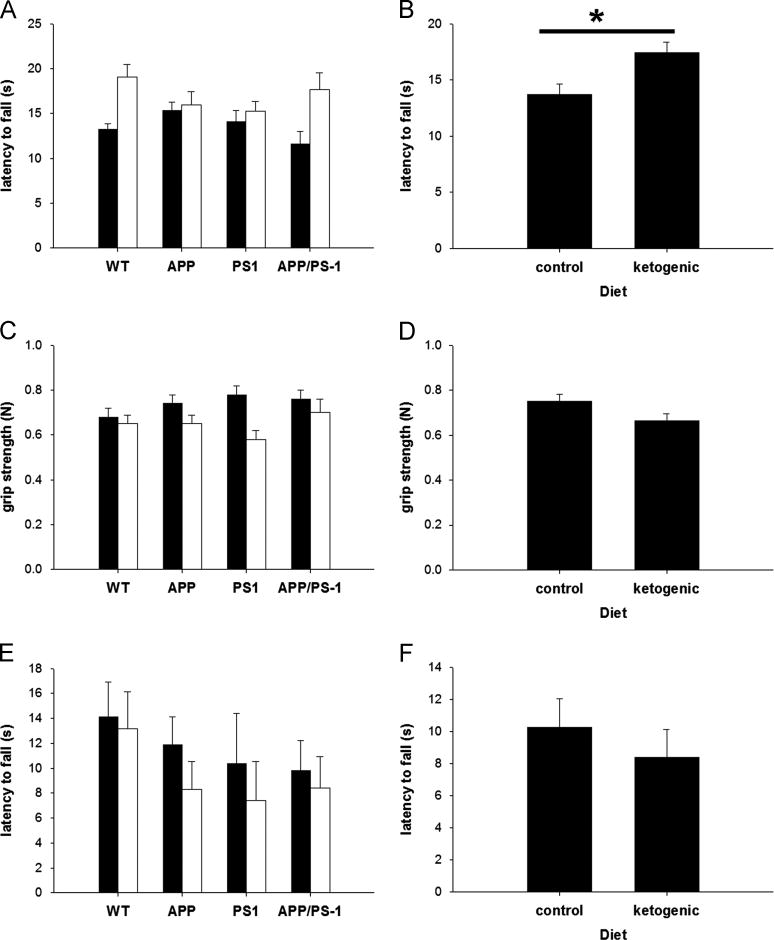Figure 1. The Ketogenic Diet Improved Rota-rod Performance.
Young (1–2 months old) mice fed the control (filled bars; N=32) or ketogenic (open bars; N=33) diet for 1 month prior to euthanasia were tested for motor performance at the endpoint of the study (2–3 months old). The cohort was a mix of genotypes: wild-type (N=6), APPΔNLh (N=29), PS1P264L (N=10), and APPΔNLh/ PS1P264L (N=20). Latency to fall on the Rota-rod apparatus (A, B) was significantly improved (p=0.007) in animals fed the ketogenic diet. Grip strength (C, D) was marginally adversely affected (p=0.057) by the ketogenic diet. Wire suspension times (E, F) were unaffected by diet (p=0.445). Genotype did not have an effect on motor performance (p>0.18), nor was there an interaction between diet and genotype (p>0.3). For each test, the first panel (A, C, E) shows the breakdown by genotype, and the second panel shows the overall effect of diet (B, D, F).

